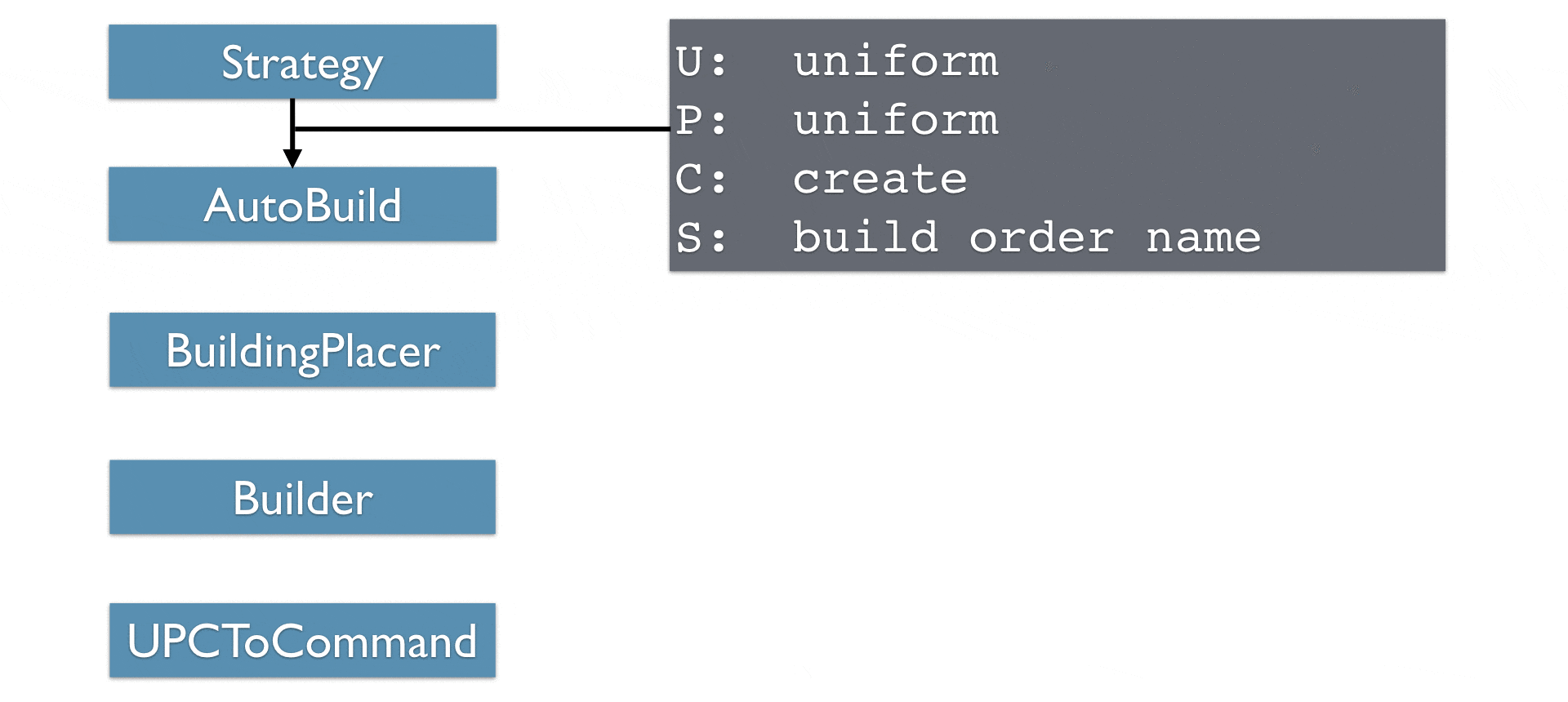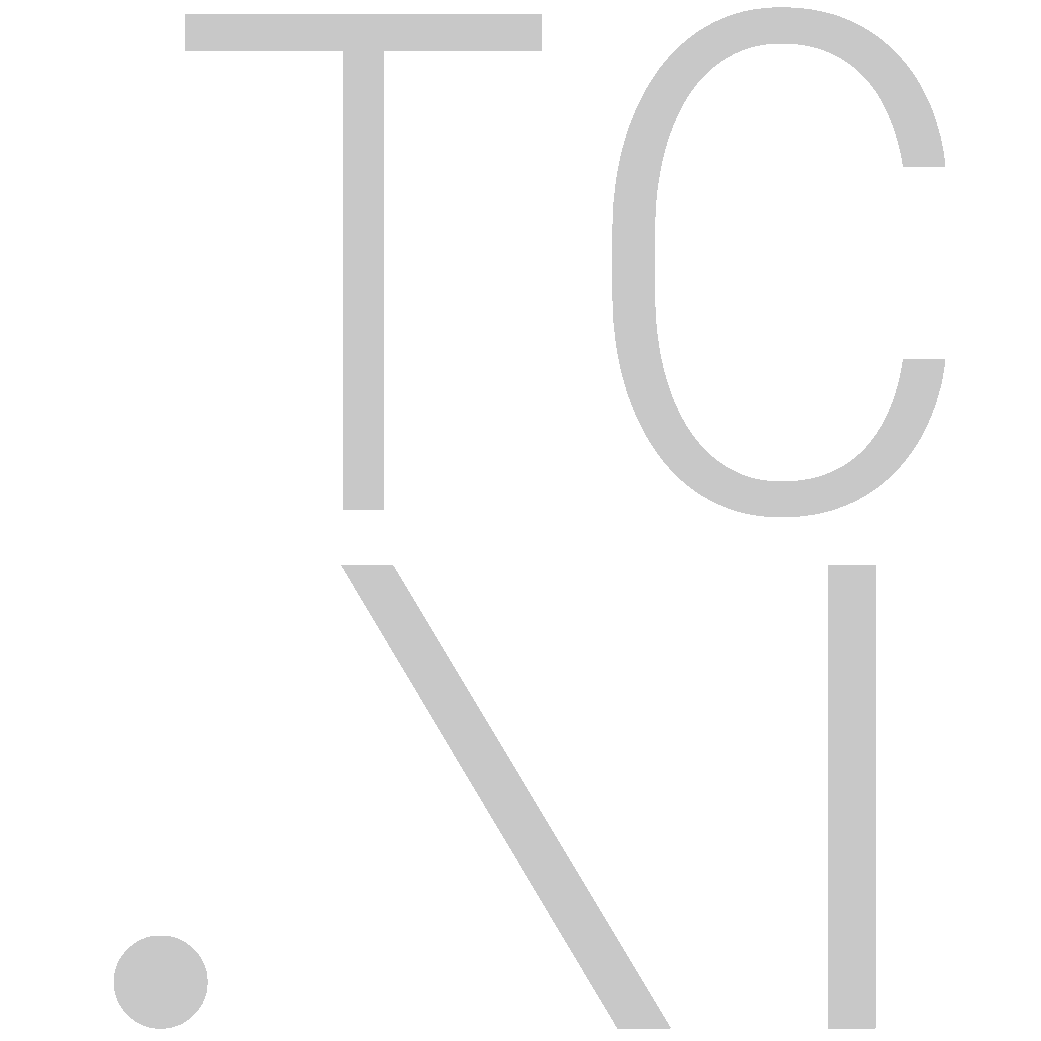Core Abstractions
This document provides a short run-down of the core abstractions provided in TorchCraftAI and their purpose in enabling the construction of our modular, machine-friendly StarCraft: Brood War(TM) bot CherryPi.
Player
As discussed in the architecture overview, TorchCraftAI uses TorchCraft to play Brood War games via BWAPI. The Player class uses a TorchCraft client that is already connected to a server and advances the main game loop by receiving game state updates, looping through bot modules and sending commands back to the server.
State Representation
The current game state (as advertised by TorchCraft) is made available via a per-Player State object. It offers detailed information about the current map and in-game units via TilesInfo, AreaInfo and UnitsInfo, respectively.
The internal bot state is maintained in a per-State Blackboard instance. Besides offering a general key-value storage, the Blackboard enables communication among Modules via UPCTuples and maintains Tasks spawned by Modules (see below).
Modules
A Module encapsulates a specific subset of a bot's behavior.
Common examples would be the production of units, placement of buildings, resource gathering or micro-management for battles.
All Modules implement a step() function that is called by the Player instance they've been added to on every game frame the bot is acting on.
A list of ready-to-use Modules available in TorchCraftAI can be found at the modules overview.
UPCTuples
TorchCraftAI Modules communicate via the Blackboard using a unified action space: UPCTuples. They define distributions over units, positions and commands which are meant to be progressively refined by Modules until they can be translated to an actual game command. Here, commands refer to a small set of abstract game commands defined by the Command enumeration. Modules typically implement logic for
- detecting UPCTuples they can refine, i.e. act upon. Those will be consumed from the Blackboard.
- performing the action requested by the UPCTuple, i.e. realizing it.
- posting one or more refined UPCTuples.
To enable richer communication, UPCTuples also contain a state field supporting a variety of types.
As a concrete example, consider the following (simplified) macro-management setup (explanation below):

The Strategy module begins by posting a UPCTuple with uniform distributions over units and positions, but with a sharp (dirac) distribution over commands ("create") and a string identifying a Build Order as the state. AutoBuild, our build planning module, instantiates the specified Build Order, which (over time) results in multiple UPCTuples being posted, each one specifying a unit type to be created in the state field. For buildings, BuildingPlacer will refine the position distribution so that it has a probability of 1 at the selected location and 0 otherwise. Finally the Builder module selects a produces and carries out the actual production, which will take a longer time in the game. All UPCTuples that are actionable, i.e. that contain dirac distributions for all relevant fields, are translated into TorchCraft game commands by the UPCToCommand module.
Tasks
Task objects contain information the realization of a specific UPCTuple. Thus, there exists a strict 1:1 mapping between Tasks and UPCTuples: for every UPCTuple that is consumed, a single Task can be created and posted to the Blackboard. Tasks have the following purposes:
- They advertise the realization of a UPCTuple among other Modules (since they are posted to the Blackboard) and report status information regarding the realization.
- They allocate units. If realizing a UPCTuple requires unit control, those units are allocated by adding them to the respective Task. Note that units can only be added on Task creation; afterwards, units can only be removed. In the example above, the Builder module would maintain tasks for the buildings and units it is producing, each allocating the builder or producer unit.
- Tasks are able to track the realization of posted UPCTuples via proxying. In our example, BuildingPlacer can proxy the tasks of the Builder module. Upon task failure for constructing a building, BuildingPlacer will be informed and can select an alternative location, for example.
- As they correspond to a UPCTuple realization (and their life-time is usually bound to this), Tasks lend themselves well to storing data required for the realization.
Tasks can implement an update() method to update their status in reaction to internal events (such as unit re-allocation or Task cancellation) and external events (e.g. destruction of a unit carrying out necessary actions).
Controllers
With Modules bundling a piece of bot functionality and Tasks providing information regarding UPCTuple realization, what is the best place to actually implement the necessary logic to perform the realization?
For modules performing unit control, Controllers fit the bill.
They are attached to Tasks objects but implement a Module-like step() entry point and offer convenience functions to manage units and to post per-unit UPCTuples to the Blackboard.
Some use-cases require centralized coordination of multiple units over a long period of time (e.g. resource gathering). SharedController is a persistent controller tailored to this use-case and units can be added to and removed from it easily. This controller is shared between multiple Task objects and realizes multiple UPCTuples in a centralized manner.
Modules that don't perform unit control will often refine UPCs directly in their step() function and immediately post the results to the Blackboard.
